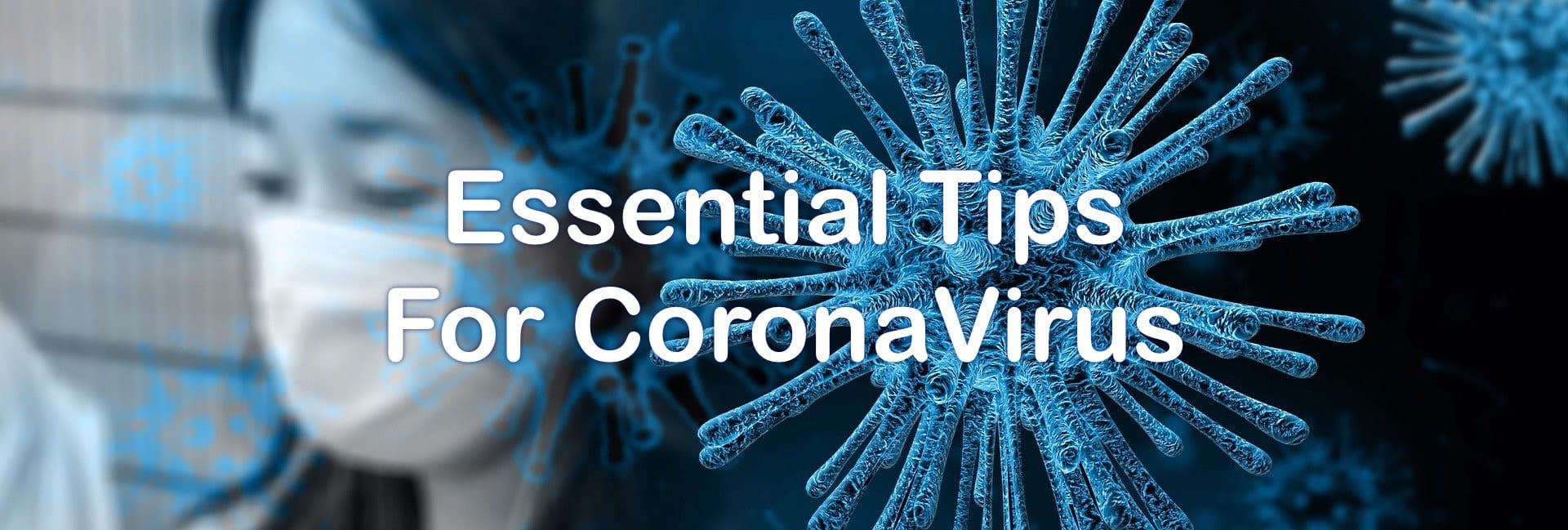Coronavirus is not a new name in the medical realm – what that means is we already understand the mechanics of HOW the virus works….it’s just a matter of letting our bodies find a way to beat it and running out the clock.
The coronavirus – similar to the rhinovirus [attributed to the common cold] – are seasonal. They have a preferred environment where they can thrive. “Viruses can’t tolerate high heat and humidity, preferring the cool and dry conditions of winter and spring“, says Richard Webby, an expert in influenza at St. Jude Children’s Research Hospital. This is good news for us here in southwest Florida, considering our seasons revolve around the warmer Summer weather. A little warm weather and maintaining a healthy immune system is just what the doctor ordered.
The following are 5 tips for prevention and protection during the Florida flu season:
1: Hydrogen Peroxide
According to the CDC, hydrogen peroxide is effective in killing yeast, fungi, bacteria, mold spores, and viruses. Upon contact, hydrogen peroxide can kill the rhinovirus in 6 to 8 minutes, Lab testing have shown that, with previous strands of coronavirus, “[hydrogen peroxide] in a 3 percent concentration inactivated all the viruses under study within 1-30 min. Coronavirus and influenza viruses were found to be most sensitive.”
We use a hydrogen peroxide based cleaner as a non-acidic disinfectant for surfaces and floors
2: Scrub Dry, Don’t Air Dry
We’ve all heard it – washing your hands is the best defense against infection. The problem is, that’s only half the battle. No matter how well we wash our hands, if we aren’t drying them properly, then we’re creating a place for bacteria and viruses to thrive and spread.
A study conducted through the University of Westminster explained that “jet dryers, due to their speed and construction, spread an average of 60 times more of the tested virus than the warm air dryer, and 1,300 times more than paper towels”. Dr Lash-Ritter, an urgent care specialist at the Cleveland Clinic also explains that “drying your hands with paper towels not only dries them faster, but the friction also dislodges bacteria to leave them cleaner”.
Our color-coded microfiber cloths are used for specific areas to prevent cross contamination within your home
3: Disinfect Door Knobs
Think about it: in a public setting, how many people come and go in any given location?
It’s difficult to control who we come in contact with if we’re forced to be out in public for work, school, or other errands. A simple piece of advice – keep a pocket-sized packet of sanitary wipes or tissues to handle doorknobs in heavy traffic areas. It may seem silly, but door knobs are breeding grounds for infections commonly spread through hand to face contact most often caused by our own forgetfulness NOT to rub our eyes or scratch our nose during the flu season.
We use hospital grade disinfectants to wipe down door handles, light switches, and other surfaces – common areas where infections spread.
4: Travel-Sized Sanitizer
We may make all the necessary precautions throughout the day to improve our chances of staying healthy, but we never know where we are going to find ourselves. Carrying a small travel-sized bottle of hand sanitizer (60% or higher concentration of alcohol) on a keychain is a simple way to prepare. Just clip it on your purse or belt buckle when you are making your way around town.
5: Sound Sleep
7 hours of uninterrupted sleep is the key to a healthy immune system ready to fight the cold. Researchers from University of California, San Francisco found that sleep was the number one factor in determining the likelihood that someone would get sick after exposure to the cold virus. They reported that “subjects who had slept less than six hours a night the week before were 4.2 times more likely to catch the cold compared to those who got more than seven hours of sleep, and those who slept less than five hours were 4.5 times more likely.” It may be difficult to find time to put aside for a proper sleep schedule, but the benefits may outweigh the cost.
“It didn’t matter how old people were, their stress levels, their race, education or income. It didn’t matter if they were a smoker. With all those things taken into account, statistically sleep still carried the day.”

